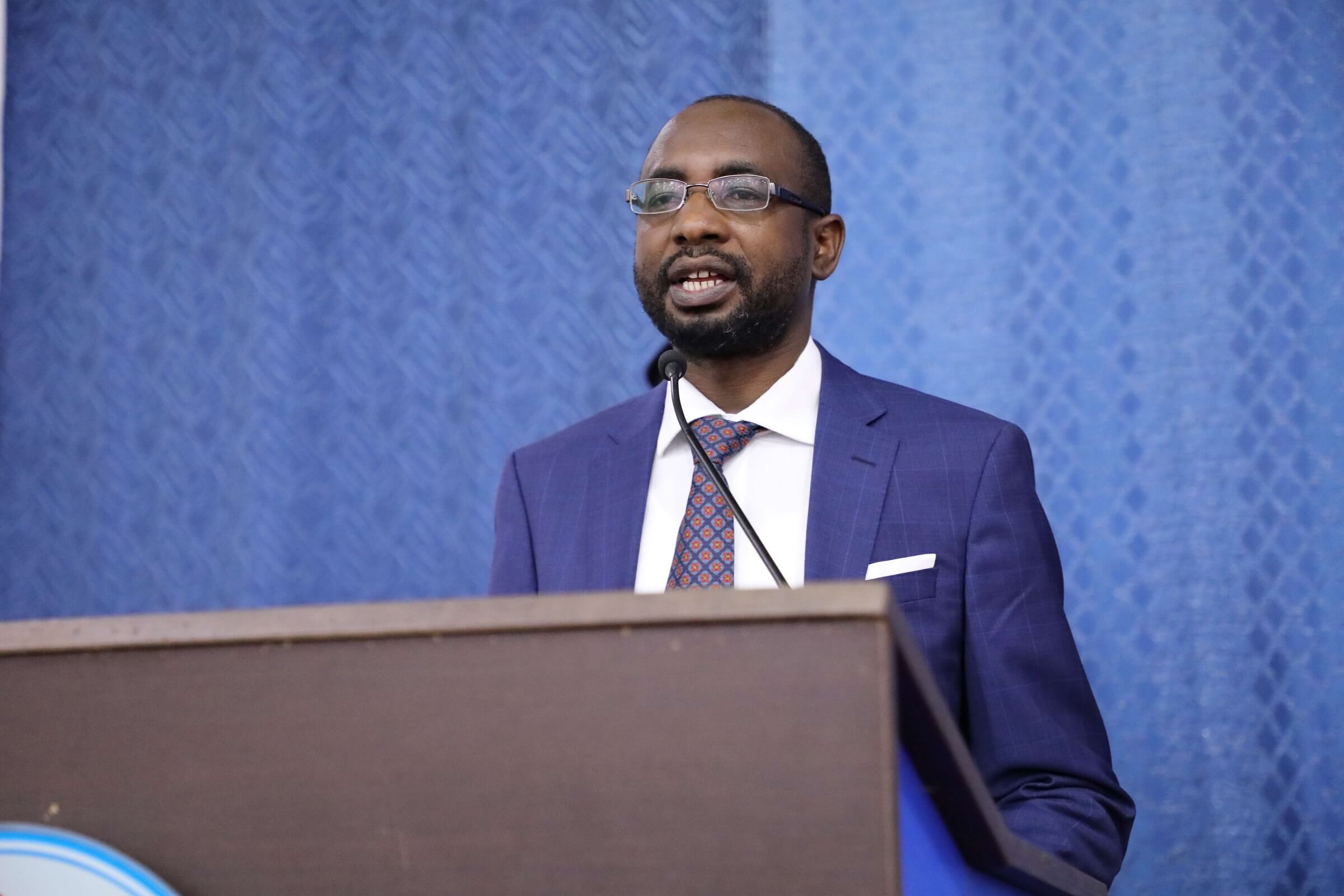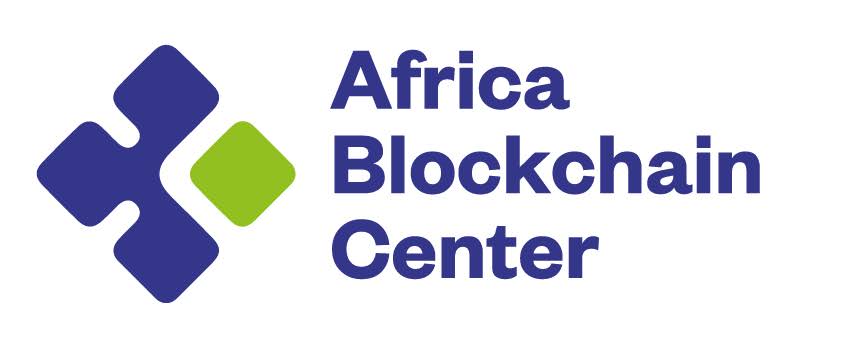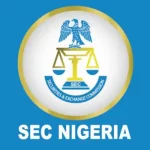The Securities and Exchange Commission (SEC) has begun working with blockchain developers to co-create a regulatory framework for stablecoins in Nigeria, a move aimed at integrating Decentralised Finance (DeFi) into the formal financial system while safeguarding investor interests.
Speaking at the 2025 DeFi Summit in Lagos, the Director General of the SEC, Dr. Emomotimi Agama, said the commission is taking a collaborative, not combative, approach toward DeFi innovations. He stressed that the goal is to build a regulatory environment where responsible digital finance can thrive without stifling innovation.
“Our objective is not to stifle innovation, but to build a robust regulatory environment where responsible DeFi can flourish,” Agama said. “Through collaboration with industry developers, we are laying the foundation for stablecoin regulation that ensures transparency, security, and financial inclusion.”
As part of this broader agenda, the SEC also unveiled a nationwide awareness campaign tagged “Crypto Smart, Nigeria Strong”. The initiative, which targets young Nigerians across schools, universities, and online platforms, seeks to improve digital literacy by teaching blockchain fundamentals, identifying common scams, and promoting long-term, informed investing.
Agama emphasised that Nigeria’s digital asset future will rest on three pillars: collaboration, innovation, and trust. He noted that regulatory clarity would be key to enabling credible participation in the sector and preventing exploitation.
To align Nigeria’s regulatory environment with international standards, the SEC plans to overhaul its current licensing regime. A tiered Virtual Asset Service Provider (VASP) licensing framework is in development, alongside simplified application processes and automated compliance tools to improve transparency and efficiency.
A significant part of this reform is the creation of a regulatory framework for Naira-pegged stablecoins. Agama explained that these digital tokens would be fully backed by verifiable reserves and subject to periodic audits by independent custodians.
Stablecoins, according to the SEC, are expected to play a vital role in advancing cross-border transactions, retail payments, and programmable financial services within Nigeria’s evolving digital economy. Agama noted that a well-regulated stablecoin environment could bridge innovation and economic utility.
“Creating a well-defined regulatory structure for stablecoins ensures that digital asset innovation serves economic growth, not just speculative interests,” he said.
This marks a decisive shift in Nigeria’s digital finance trajectory, with the SEC aiming to build a financial ecosystem that balances risk, inclusion, and innovation through shared responsibility between regulators and industry stakeholders










